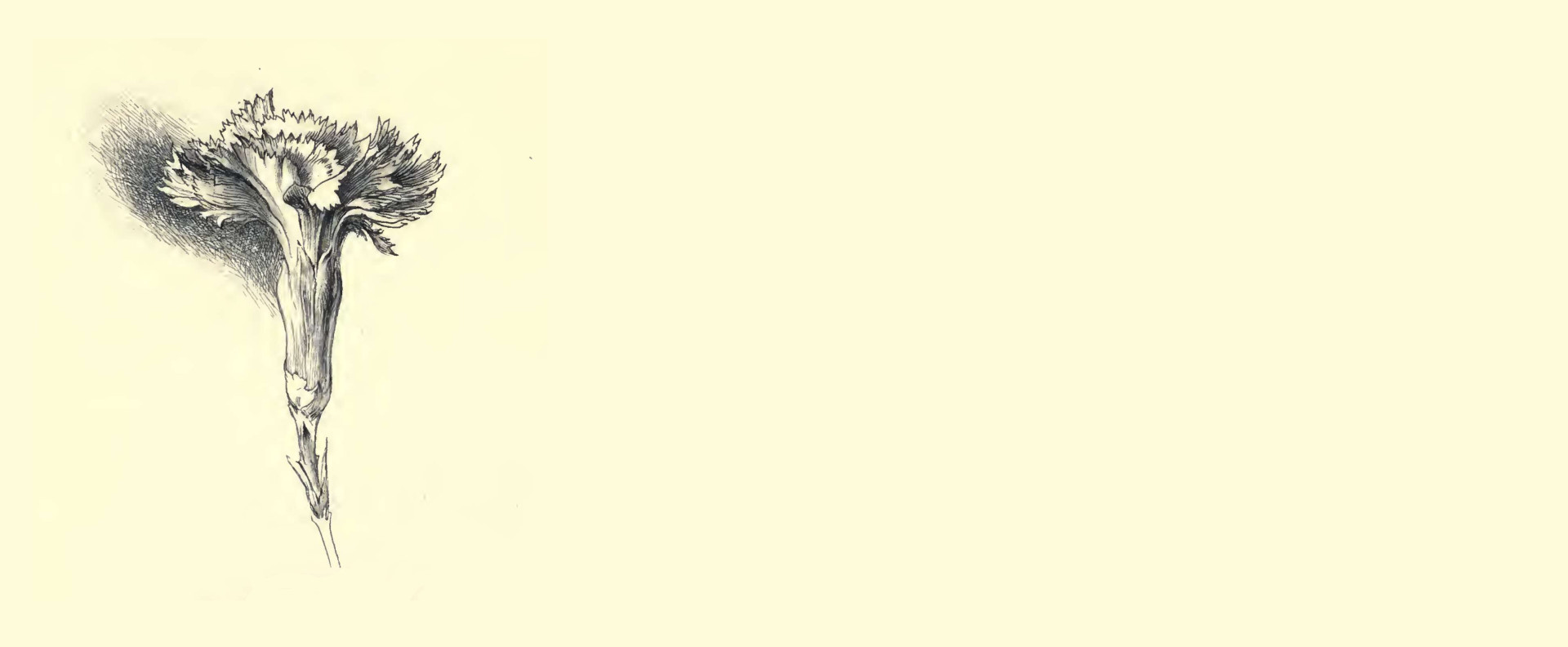
Who Counts?
The Nascent Strings of a New Ecological Ethic
By Jake Eshelman
Sign up for our monthly newsletter!
Within environmental law, policy, philosophy, and conservation, a critical debate revolves around defining humanity’s ethical responsibilities to the non-human world. How do we weigh our wants against our planet’s limited biological capacity? Is it ok to harm individuals for the collective good? Or does our moral duty center on protecting the rights of individuals?
Many philosophical frameworks have emerged to help clarify how we ought to ethically engage with our environment(s). However, each approach has its shortcomings. Based on our unfolding ecological crises, we can go ahead and agree that the prevailing policies of anthropocentrism, climate nihilism, extractive capitalism, and human chauvinism are fundamentally untenable. With those firmly situated in the compost heap, we can then turn our attention to other, more generative approaches—namely biocentrism and ecocentrism, which both seek to address our ecological crises through moral action.
But is either of these systems entirely up to the task? Many think not—and much of the criticism is valid given that each approach is susceptible to its own oversights and limitations. Yet, as I’ll argue, these respective problems reveal a workable solution: the ballast of a new moral system: inclusive biocentrism, which underlies and unifies both frameworks into a new, more adequate ecological ethic.
TWO APPROACHES TO THE SAME PROBLEM
Biocentrism and ecocentrism both emerged within an ongoing effort to extend moral consideration to the other-than-human world. As such, both ethical systems recognize that a human-centered worldview is a dangerously deficient philosophical framework that unjustifiably privileges short-sighted human interests at the expense of other life forms and environmental integrity. Yet, despite their shared critique of anthropocentrism, normative biocentrist and ecocentrist systems have different ideas about what—or who—counts when it comes to moral standing.
Broadly speaking, ecocentrists prioritize the well-being of the community (e.g., ecologies, species, etc.) over that of its individual members. This perspective can be traced back to Aldo Leopold’s The Land Ethic, in which he explicitly grants moral standing to ecosystems themselves, stating that:
While individuals and ecologies are inextricably linked, he holds that the moral priority is to maintain the good of the collective. This hierarchical tension forms the basis of a key critique of ecocentric ethics, namely that it can be blind to—or even require—individual suffering to secure the net positive well-being of the whole, however miniscule that margin may be. This then leaves little recourse to ensure the ethical treatment of individuals, such as factory farm animals, if their suffering doesn’t adversely impact the stability of the entire species or overarching system.
“a thing is right when it tends to preserve the integrity, stability, and beauty of the biotic community. It is wrong when it tends otherwise” [my emphasis].
Whereas ecocentrism leans towards a more holistic value-theory, biocentrism holds that life itself is intrinsically valuable and that the inanimate (e.g. rocks, rivers, and ecosystems) play an important, albeit subservient role. Biocentrist thinking reaches back to Paul Taylor’s The Ethics of Respect for Nature, in which he argues that humans are morally bound to promote the good of all living creatures. But a new problem arises: in prioritizing life over all else, biocentrists categorically deny the possibility that the ‘inanimate’ (e.g., ecosystems, rivers, species, etc.) can be worthy of moral standing. The individual trumps the collective.
BLURRING THE ‘BOUNDARIES’
Despite their differences, biocentrism and ecocentrism aren’t necessarily contradictory. In her Beasts Versus the Biosphere?, Mary Midgley recognizes that both frameworks are “inseparable aspects of a decent moral problem.” As she deftly points out:
any sane and workable approach to life has to contain both an attitude to individuals and an attitude to larger wholes. Neither of them is reducible to the other.
Midgley’s insights suggest that an ‘either/or’ approach to ecological ethics is inherently self-defeating—the real work requires a ‘yes, and.’ As such, she champions a philosophical landscape of abundance, where even conflicting worldviews cooperate to create a rich and generative tapestry of ethical possibility. Yet despite establishing the power of philosophical pluralism, Midgley ultimately stops short of providing a workable blueprint to reconcile the conflicts between biocentrism and ecocentrism—if there are conflicts at all.
STRAW MEN BUILT UP TO BURN
Ultimately, the perceived tension between these two approaches stem from diverging perspectives regarding two fundamental principles: the elusive nature of individuality and the dubious definition(s) of ‘life’. But as we’ll see, neither camp stands on solid ground—at least not on their own.
The Nature of Individuality
Biocentrism and ecocentrism draw distinctions between individuals and systems, but both remain regrettably unclear as to where those boundaries begin or end. In Ideology of Isolation, Rebecca Solnit points out that a complex organism is also an amalgam of countless bacteria, archaea, viruses, and other microorganisms that are essential for the function and wellbeing of the ‘individual.’ Far from passive ‘helpers,’ microorganisms in the human gut have also been shown to actively influence one’s brain function, decision-making, mental health, and behavior. In other words, individuals can be (eco)systems too. This example presents considerable conundrums for ecocentrists, who are obliged by their own terms to grant moral standings to systems of all sizes, and biocentrists, who must acknowledge that the ‘individual’ is a physical embodiment of biodiversity—a living system.
The Limits of ‘Life’
Biocentrism (literally meaning ‘life-centered’) equates life with moral standing. But what is life exactly? The short answer is that no one really knows—and there is considerable debate around what is ‘alive’. Indeed, humans have continually reshaped our understanding of life through myriad cultural, philosophical, and scientific revolutions. More recently, Eugene Thacker notes that advancements in genetic engineering have already “deconstructed the idea that life is exclusively natural or biological”. Similarly, Carol Cleland adds that our current “understanding of life is too limited to support a theoretically useful, tentative generalization about all life”. Without the conceptual cornerstone of a neatly defined concept of life, how can biocentrists possibly assess whether biosystems are alive? Or that ‘inanimate objects’ are not?
A NEW PHILOSOPHICAL FRAMEWORK
By acknowledging the malleability surrounding individuality and life itself, biocentrists and ecocentrists have little left to argue about. This of course reveals the plausibility of developing a new moral system from shared tenets underlying both frameworks. As such, I offer my own approach, inclusive biocentrism, an emergent expression of ecological thinking that maintains:
- everything (or rather, everyone) has the scientific and/or philosophical potential for life.
- all who can live are worthy of respect and moral consideration.
This does not preclude the everyday realities of conflict, predation, and injustice. No ethic can. However, it does provide a workable and constructive means to inform more harmonious interactions, especially when tensions arise.
BIOCENTRISM OR ECOCENTRISM? YES.
In appraising the respective values of normative biocentrism and ecocentrism, it becomes increasingly clear that neither framework, in isolation, offers an adequately functional ethical theory to thoroughly address our ecological responsibilities. Furthermore, ethicists have little to gain by coercing these moral systems into a zero-sum game that fuels arbitrary disagreements over inherently problematic criteria. Taken together, the myth of individuality and the quandary of ‘life’ effectively thwart any attempt to delineate the boundaries of moral standing in either moral system. However, this does not undermine the validity of biocentrism or ecocentrism, per se. Rather, it simply indicates that they can be prone to distraction. Instead of attempting to negate either approach, inclusive biocentrism expands both to grant moral standing to others: the ‘individuals,’ the systems, the non-bodied, and those who may ‘live’ differently than humans do. Like living systems, ideas can only flourish when they have space to shift, grow, and evolve. I intend the same for inclusive biocentrism and hope that you can test, trouble, and build upon it through your own thought and action.
About The Author
Beyond his role as the Contributing Editor of Ecological Thinking at Plantings, Jake Eshelman is a photo-based artist and visual researcher exploring the complex relationships between people and other-than-human beings. Working to transcend the notion that humanity is somehow separate from—or superior to—the natural world. You can learn more about his work on his website, Instagram, or LinkedIn.
- Curry, Patrick, Ecological Ethics: An Introduction, second edition. (Cambridge, UK: Polity Press, 2011), pp. 54–60.
- Attfield, Robin, Environmental Ethics, second edition. (Cambridge, UK, and Malden, MA: Polity, 2014), p. 11
- Leopold, Aldo, The Land Ethic [originally appeared in Leopold’s A Sand County Almanac, 1949], in Environmental Philosophy: From Animal Rights to Radical Ecology, eds. Zimmerman et al (New Jersey: Prentice Hall, 1998),p. 114
- Regan, Tom, Does Environmental Ethics Rest on A Mistake?, in The Monist, Vol. 75, No. 2, The Intrinsic Value of Nature (Oxford: Oxford University Press, 1992), pp. 177–179
- Attfield, Environmental Ethics, p. 10
- Taylor, Paul, The Ethics of Respect for Nature, in Environmental Philosophy: From Animal Rights to Radical Ecology, eds. Michael E. Zimmerman et al (Englewood Cliffs, New Jersey: Prentice Hall, 1998), pp. 67–69
- Curry, Ecological Ethics, p. 92
- Taylor, Ethics of Respect for Nature, p. 80
- Midgley, Mary. Beasts Versus the Biosphere?, Environmental Values, Vol.1, No.2, 1992, p. 117
- Midgley, Beasts Versus the Biosphere?, p. 116
- Solnit, Rebecca, The Ideology of Isolation, in Harper’s Magazine, 2016. <https://harpers.org/archive/2016/07/the-ideology-of-isolation/> [accessed 23 August, 2021].
- Yang, Beibei, et al. Effects of Regulating Intestinal Microbiota on Anxiety Symptoms: A Systematic Review, General Psychiatry, Vol. 32, 2. 2019
- Cleland, Carol E., Life Without Definitions, in Synthese, Vol. 185, No. 1, Philosophical Problems About Life, 2021, pp. 125–144
- Lange, M. Life, ‘Artificial Life,’ and Scientific Explanation, in Philosophy of Science, 63, 1995, pp. 223–224
- Thacker, Eugene, After Life. (Chicago: University of Chicago Press, 2010), p. ix
- Cleland, Carol E., Life Without Definitions, p. 126
BIBLIOGRAPHY
Attfield, Robin, Environmental Ethics, second edition. (Cambridge, UK, and Malden, MA: Polity, 2014)
Cleland, Carol E., Life Without Definitions, in Synthese, Vol. 185, No. 1, Philosophical Problems About Life, 2021, pp. 125–144
Curry, Patrick, Ecological Ethics: An Introduction, second edition. (Cambridge, UK: Polity Press, 2011)
Lange, M. Life, ‘Artificial Life,’ and Scientific Explanation, in Philosophy of Science, 63, 1995, pp. 223–224
Leopold, Aldo, The Land Ethic [originally appeared in Leopold’s A Sand County Almanac, 1949], in Environmental Philosophy: From Animal Rights to Radical Ecology, eds. Zimmerman et al (New Jersey: Prentice Hall, 1998)
Martin, Calvin Luther, In the Spirit of the Earth, in Rethinking History and Time (Baltimore: Johns Hopkins University Press), 1992
Midgley, Mary. Beasts Versus the Biosphere?, Environmental Values, Vol.1, No.2, 1992
Næss, Arne, The Deep Ecology Movement: Some Philosophical Aspects, in Philosophical Inquiry, Vol. VIII, No.1–2, 1986
Regan, Tom, Does Environmental Ethics Rest on A Mistake?, in The Monist, Vol. 75, No. 2, The Intrinsic Value of Nature (Oxford: Oxford University Press, 1992)
Rodogno, Raffaele. Sentientism, Wellbeing, and Environmentalism. Journal of Applied Philosophy, 27 (1), 2010, pp. 84–97
Solnit, Rebecca, The Ideology of Isolation, in Harper’s Magazine, 2016. <https://harpers.org/archive/2016/07/the-ideology-of-isolation/> [accessed 23 August, 2021].
Taylor, Paul, The Ethics of Respect for Nature, in Environmental Philosophy: From Animal Rights to Radical Ecology, eds. Michael E. Zimmerman et al (Englewood Cliffs, New Jersey: Prentice Hall, 1998), pp. 67–69
Thacker, Eugene, After Life. (Chicago: University of Chicago Press, 2010), p. ix
Yang, Beibei, et al. Effects of Regulating Intestinal Microbiota on Anxiety Symptoms: A Systematic Review, General Psychiatry, Vol. 32, 2. 2019
Plantings
Issue 29 – November 2023

Viriditas: Musings on Magical Plants: Portulaca oleracea
By Margaux Crump
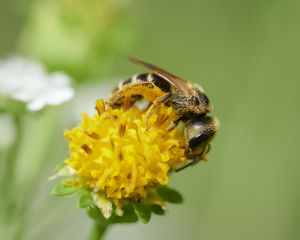
Proboscis, Pollen, and the Rapture of Interspecies Intimacy
By Jake Eshelman

The Greening of Milan: Porta Nuova and Vertical Forest
By Gayil Nalls
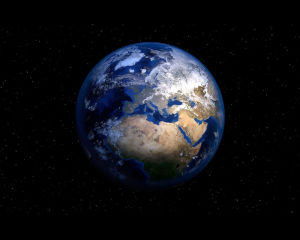
Overshooting Earth’s Boundaries: An Interview with Bill Rees
By Rachel Donald

The Garden of the Five Senses
By Gayil Nalls

Eat More Plants Recipes:
Le Botaniste’s Fennel, Tomato, and Red Pepper Pasta Sauce
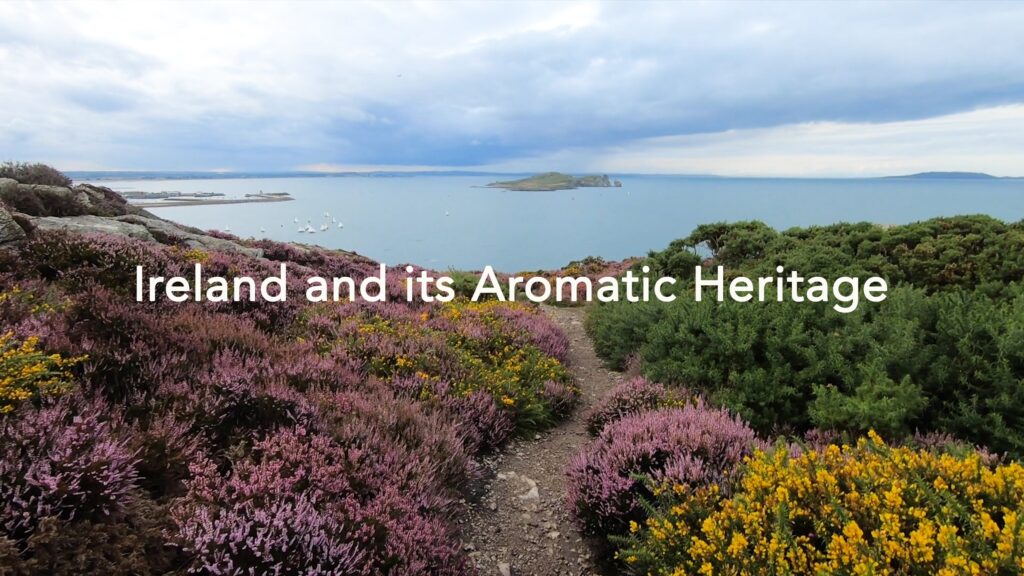
As Ireland transitions from the rich, smoky scent of peat-burning to a more sustainable future, its olfactory heritage is evolving. What will become the next iconic aromatic symbol of Ireland?
Click to watch the documentary trailer.

